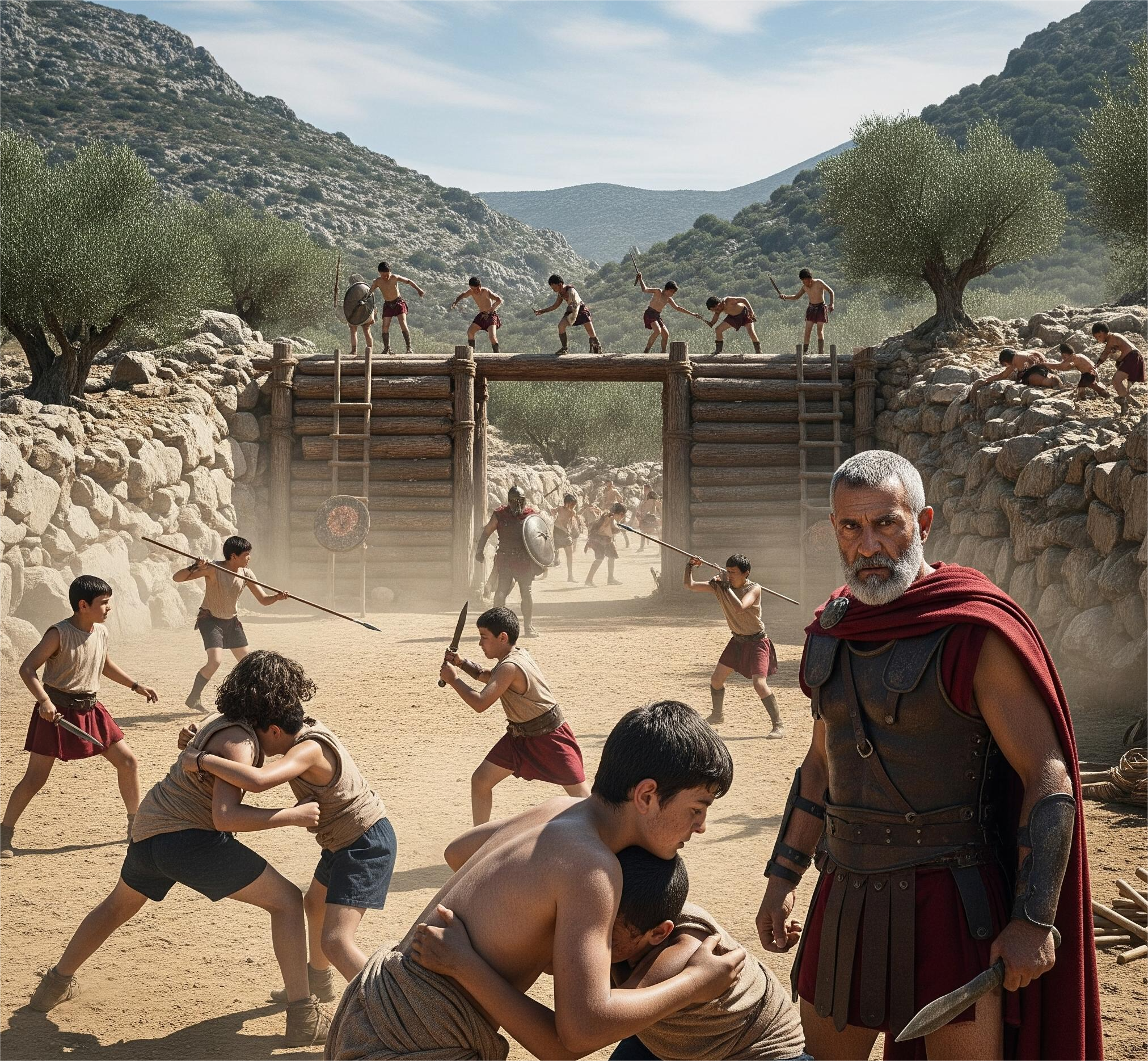Archaeological excavations in an ancient Greek city have uncovered compelling evidence that one of antiquity’s most intense athletic events — pankration — was held there during the 2nd century AD. Pankration, a brutal blend of boxing and wrestling, was one of the most renowned and demanding competitions of the ancient world.
The discovery was made during the 2024 excavation season in the mountain city of Cadyanda, located in the ancient region of Lycia at an altitude of 1,000 meters above sea level. Today, this area lies near the town of Fethiye in the Muğla province of southwestern Turkey. Led by Dr. Fatih Onur, the excavation team explored a 150,000-square-meter area and uncovered 30 new inscriptions.
Despite the wealth of archaeological remains in Cadyanda, the city had not been studied in depth — apart from a few rescue excavations carried out by the Fethiye Museum.
“This lack of research led us to begin a more systematic investigation of the ancient mountain city,” explained Dr. Onur. “It overlooks all of Fethiye. Strategically located, it offers views of every route leading north from the harbor. From the Classical period onward, it functioned as a critical crossroads.”
A Surprising Discovery
Anatolian Archaeology
Dr. Onur noted that a German team had conducted limited studies in the past, and that around 150 inscriptions are currently known from the site. These texts are key to understanding the city's history — particularly before the Roman period, which remains largely undocumented. However, the team did stumble upon an important clue regarding the city’s prosperity shortly before its decline and eventual abandonment.
“We realized this was a remarkable find,” said Dr. Onur. “The inscriptions revealed that, in the 2nd century, the city was actively organizing athletic competitions. We already knew that such events were common in many cities during this era. But what makes this case unique is the discovery that such intensive athletic activity was taking place in a city at such a high altitude.”
First Ever Mention of Pankration in the City
According to Dr. Onur, this was the first time that pankration had been referenced in an inscription from Cadyanda. “In this city, both wrestling and pankration are explicitly mentioned on the base of a statue honoring the games’ sponsor — a man who reportedly spent his entire fortune to host them,” he explained. “The inscription also refers to the restoration of the city’s old gymnasium — essentially, a revival of an important public institution.”
The gymnasium’s reconstruction was reportedly carried out by order of the city’s Senate, and victors in the competitions were awarded prizes.
“By examining the inscription, we learned that there had been a much older gymnasium that had fallen into disuse,” added Onur. “Its mention as ‘old’ during this period suggests it likely dates to the Hellenistic era — giving us further insight into the city’s development and infrastructure.”
“Sacred Games” and Economic Revitalization
While these contests — referred to as Hieroi Agones or “Sacred Games” — certainly provided entertainment, they served a deeper economic and civic purpose.
Dr. Onur emphasized that such games were crucial during times of financial instability in the Roman Empire. “These events weren’t just for show. They were organized to boost public morale and stimulate the local economy,” he explained. “People from the surrounding region would flock to the city to watch the contests. This influx created a festive atmosphere and, more importantly, revitalized commercial activity.”
In short, the games were a celebration with an economic function — a well-structured system that encouraged travel and kept the wider region economically and socially active.








